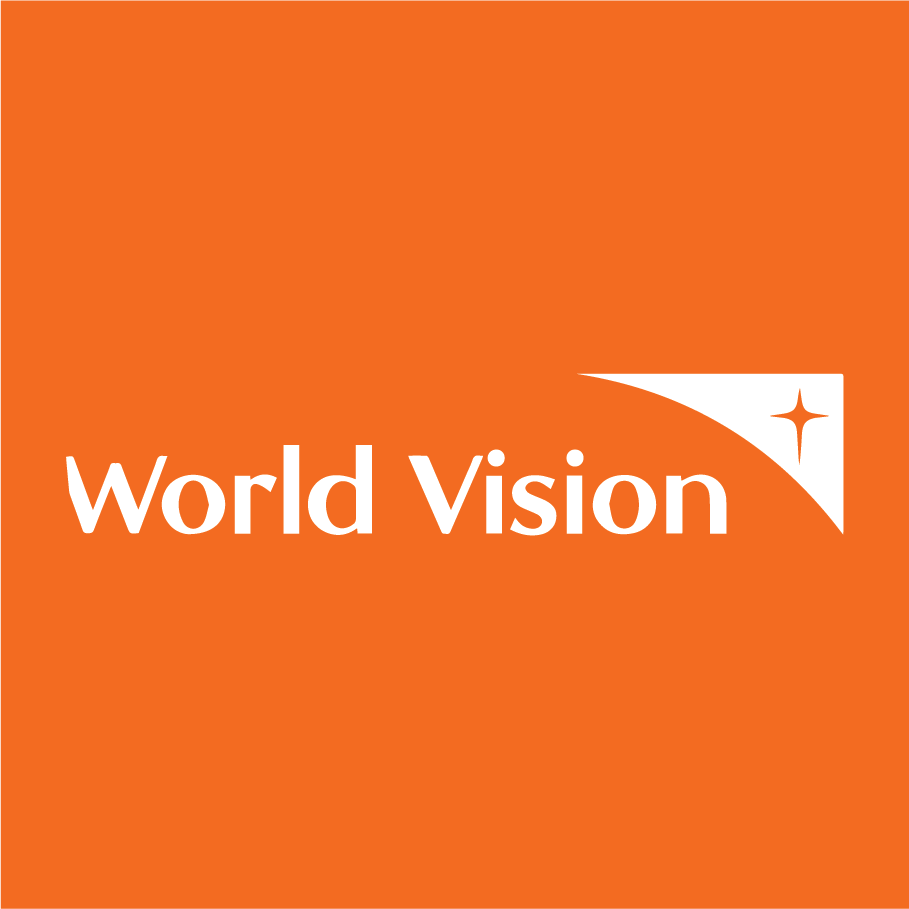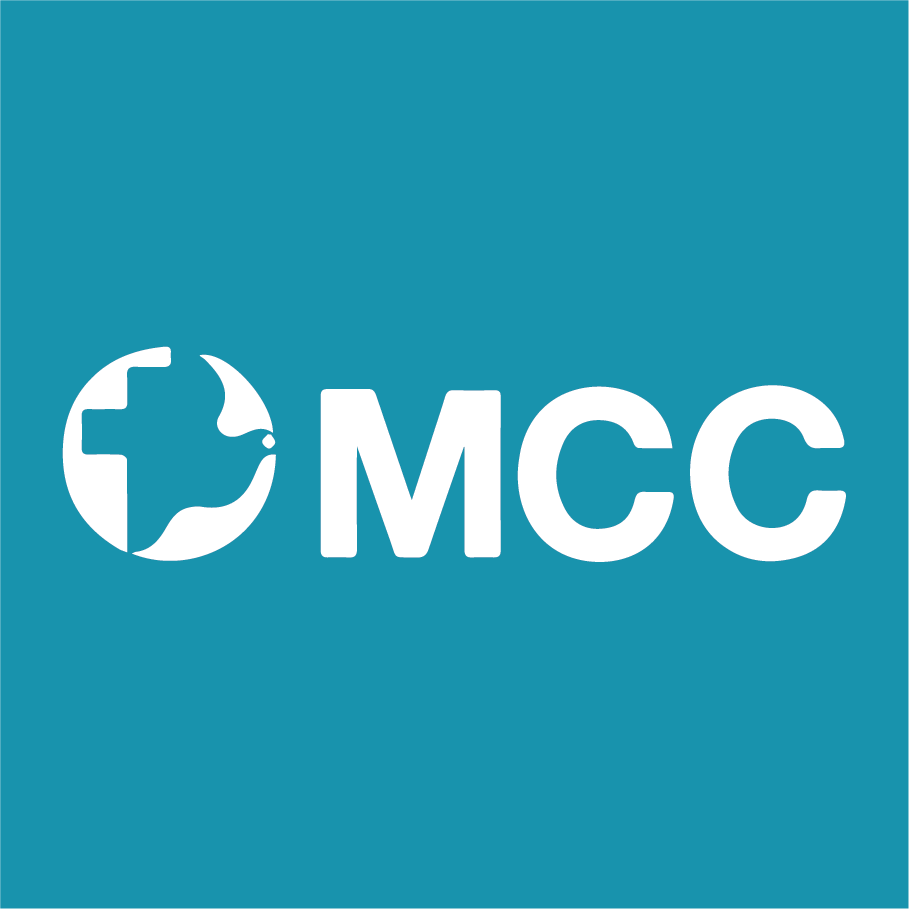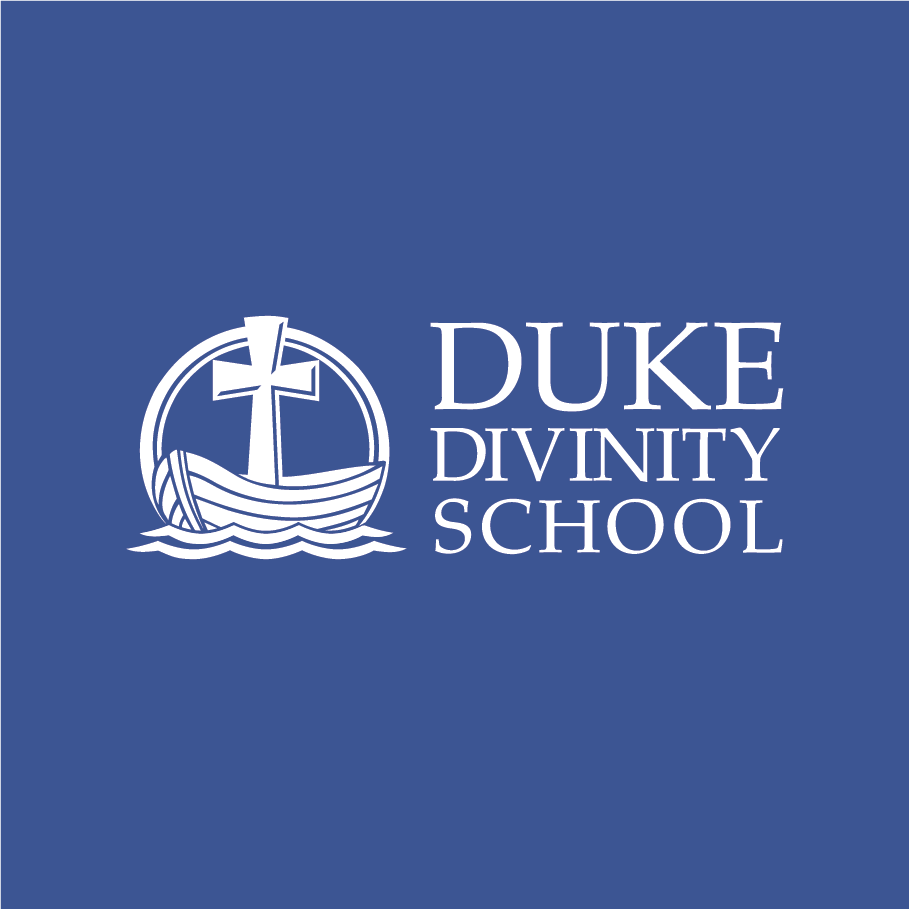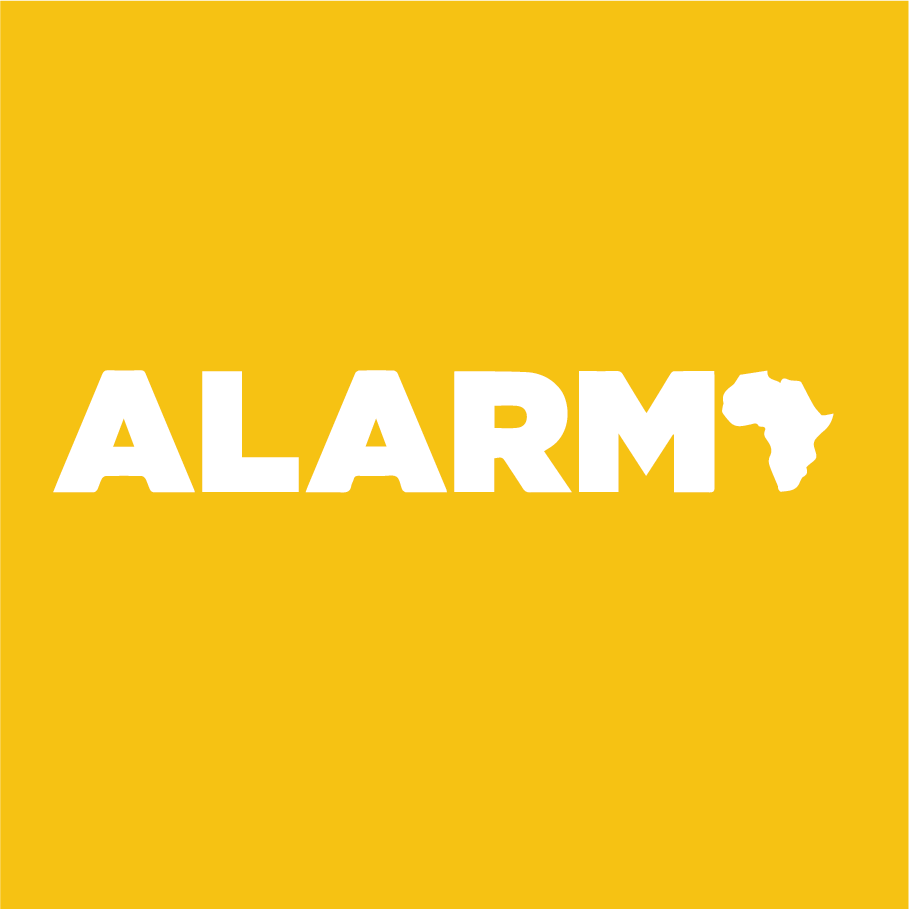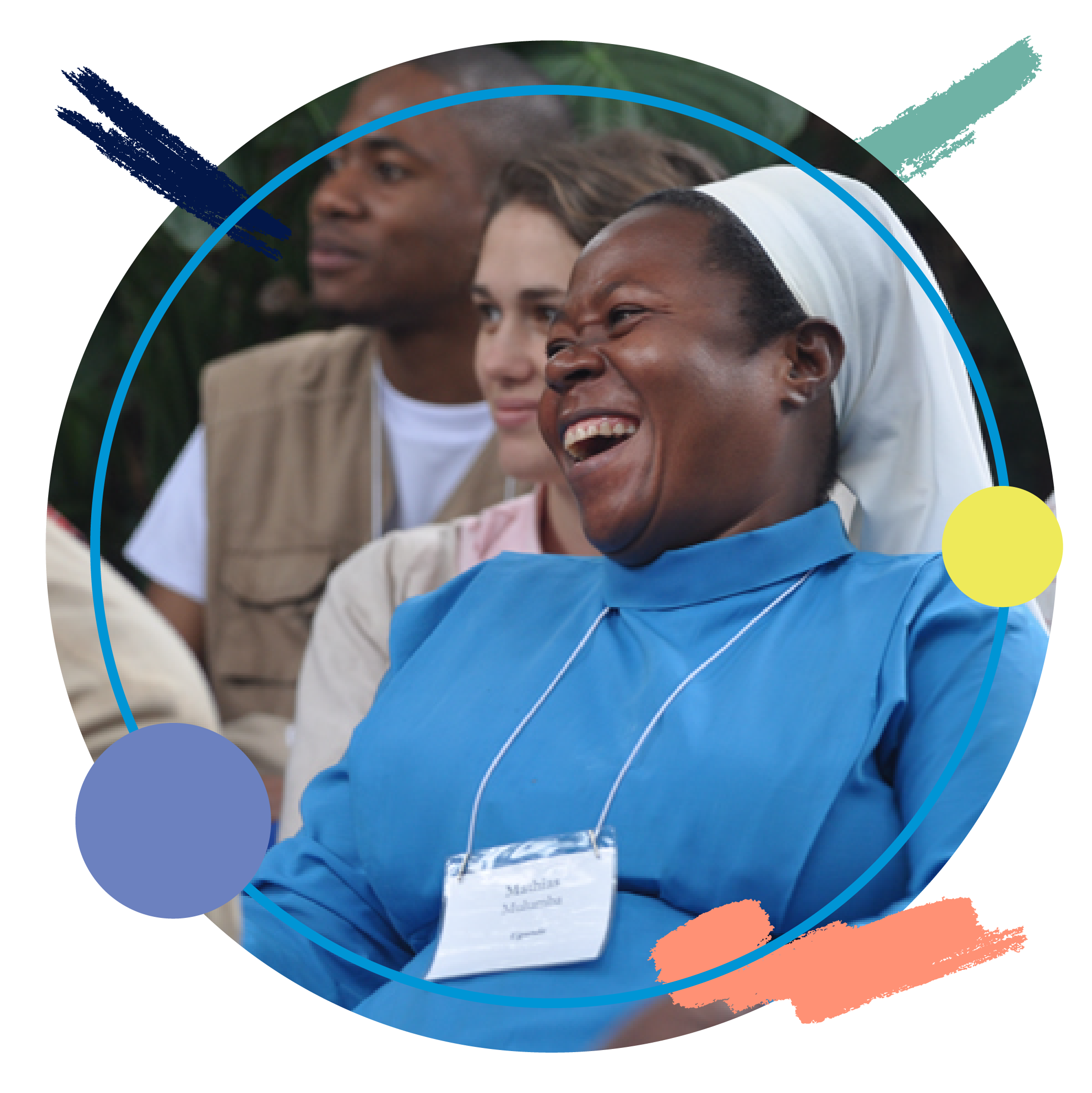
The Beginning
The Great Lakes Initiative (GLI) began in 2006 as a gathering of Christian leaders from seven countries in the Great Lakes Region of East Africa. The GLI focus countries are: Burundi, Rwanda, Uganda, Kenya, South Sudan, Democratic Republic of Congo and Tanzania. Most of these countries have known unrest, ethnic violence and internal strife in one way or another over many years.
There was a felt need for Christians to come together as ambassadors of Christ’s ministry of reconciliation. Four gatherings between 2006-2010 were co-convened through a partnership of Duke University’s Center for Reconciliation (CFR), Mennonite Central Committee (MCC), African Leadership and Reconciliation Ministries (ALARM) and World Vision International (WVI). In 2011, the gatherings transformed into the first annual Leadership Institute. In January 2015, it attained legal registration as a non-profit entity in Uganda.
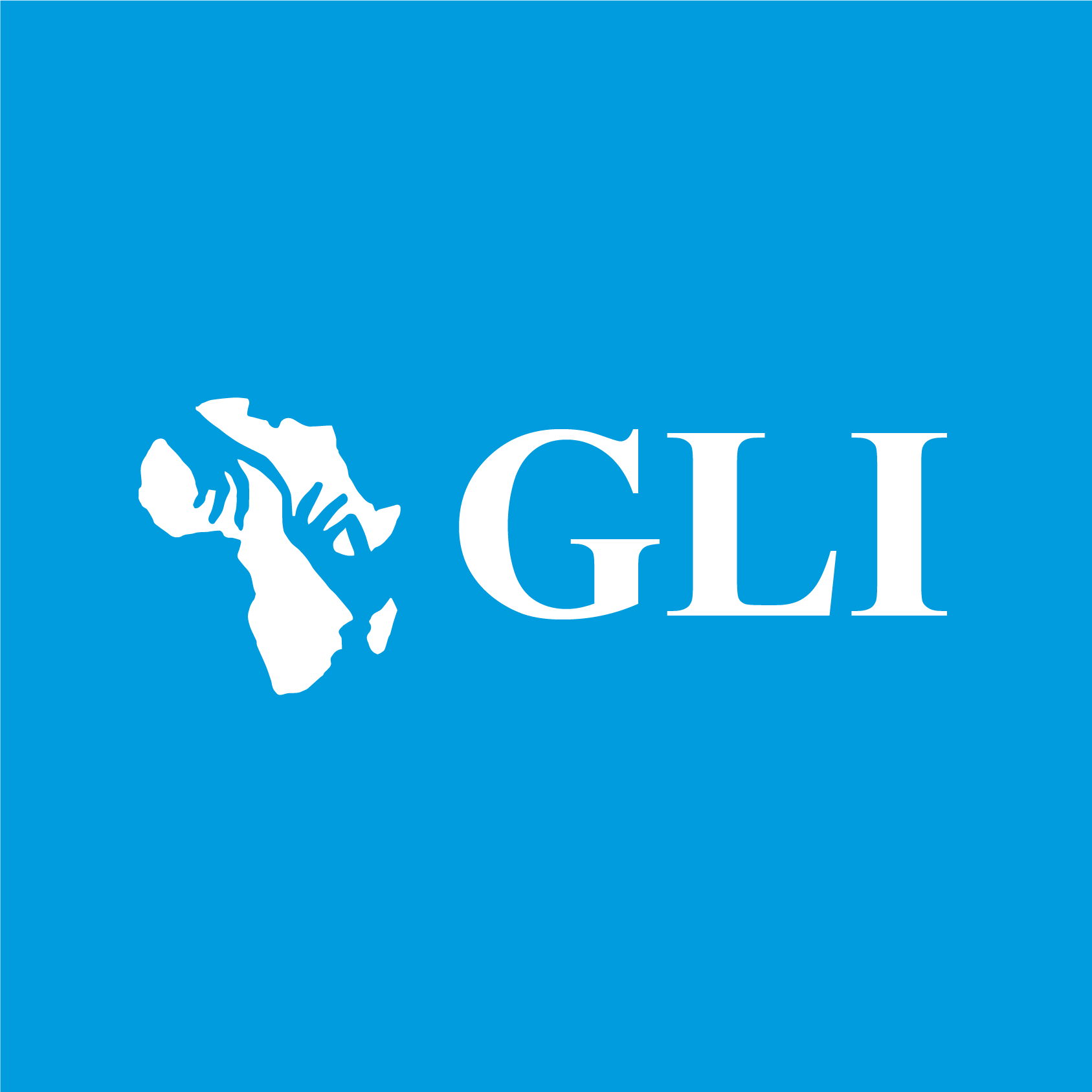

Who we are
GLI is a network of Christian organisations working towards peace and reconciliation in seven countries of the Great Lakes Region of East Africa. For over a decade, GLI has provided a space for reflection, renewal and refreshment for Christian leaders. GLI is governed by a multi-national board of directors. The day-to-day administrative work is managed by a Regional Coordinator supporting by an able secretariat comprising accomplished professionals. Together they work to provide leadership in translating and communicating the mission and vision of the GLI to a regional and global audience so as to represent GLI and listen to the key issues, concerns and opportunities for the GLI. The team also supports in-country, inter-country and regional programs or initiatives.

How the Work is Supported
The four founding partners have been and continue to be the primary funders of the GLI. In its first year of legal existence, GLI was able to receive funding from an anonymous US Foundation to cover start-up costs and deepen regional rootedness. GLI has been able to achieve a measure of regional rootedness through expanded CWG representation on the Content and Design Team. This team ensures that the content, DNA, methodology and design of the GLI Institute is shared, internalized and applied by a growing cadre of Christian leaders in each country.

